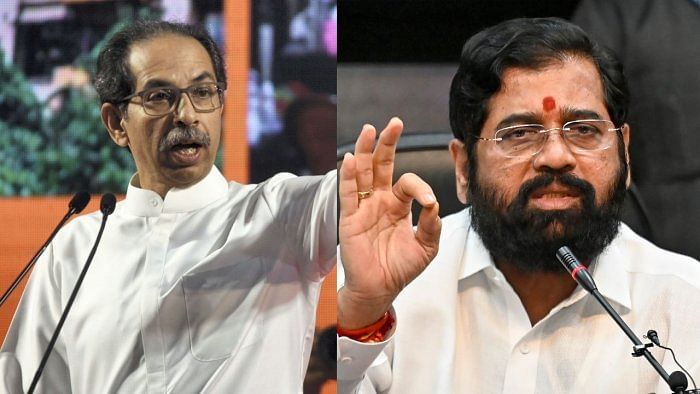
The Supreme Court’s verdict on the political crisis in June last year that led to the fall of the Uddhav Thackeray-led MVA government in Maharashtra and a split in the Shiv Sena gives a moral victory to the Thackeray faction of the Sena. But it has allowed the government formed by Eknath Shinde, who rebelled against the Sena leadership with the support of the BJP, to continue. The court questioned the role of the then Governor Bhagat Singh Koshyari and Speaker Rahul Narvekar in the events that lead to the change of government and faulted both of them for their decisions leading to the formation of the Shinde government. Though the judgement does not affect the present status of the government, the principles it laid down should serve as guidelines in similar situations in the future.
The court said that the Governor had no objective material to call for a floor test, and that a floor test cannot be used to resolve internal party disputes. There are no constitutional provisions or law that empower the Governor to enter the political arena and play a role in inter-party and intra-party disputes, and so the court’s implication is that the Governor’s action was unconstitutional. It said it could not reinstate the government because Uddhav Thackeray had resigned without taking the floor test. This is a serious indictment of the Governor and raises the question about remedies available in irreversible situations, sometimes caused by the flow of events, and by the courts’ delay, and by other reasons at other times. The Governor’s wrong action was not procedural or technical but involved substantive issues of democracy. So, the technical relief that the Shinde government has got would certainly be questioned as substantively unsound.
The court also held the decision of the Speaker to recognise Bharat Gogawale of the Shinde group as the party whip “illegal”. The Speaker should have conducted an independent inquiry to identify the two whips issued by the two factions of the political party. It has asked the Speaker to decide on the disqualification proceedings with respect to 16 MLAs of the Shinde camp “within a reasonable time”. This gives a breather to the Shinde government, but the court could have prescribed a time limit for the decision. Speakers are known for dillydallying on disqualification decisions. It should also be noted that the court has referred certain issues related to the Speaker’s powers in its 2016 judgement in the Nabam Rebia case to a larger bench. The Thackeray faction can feel morally vindicated and politically energised by the verdict, although the Shinde faction and the BJP have unconvincingly claimed that it is they who have been vindicated.